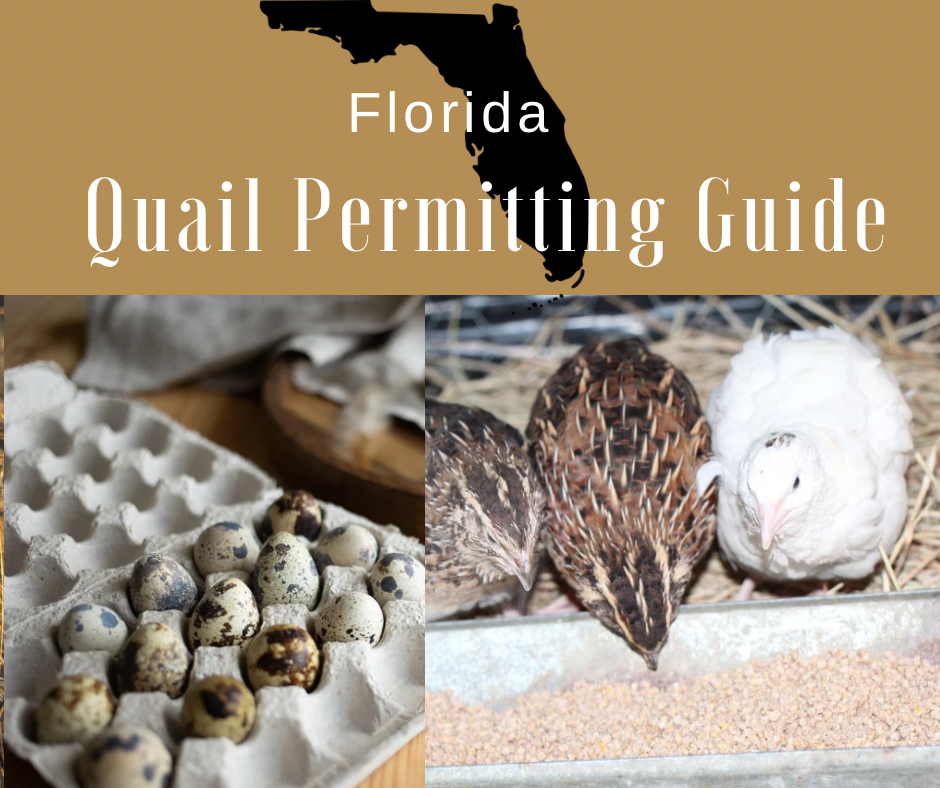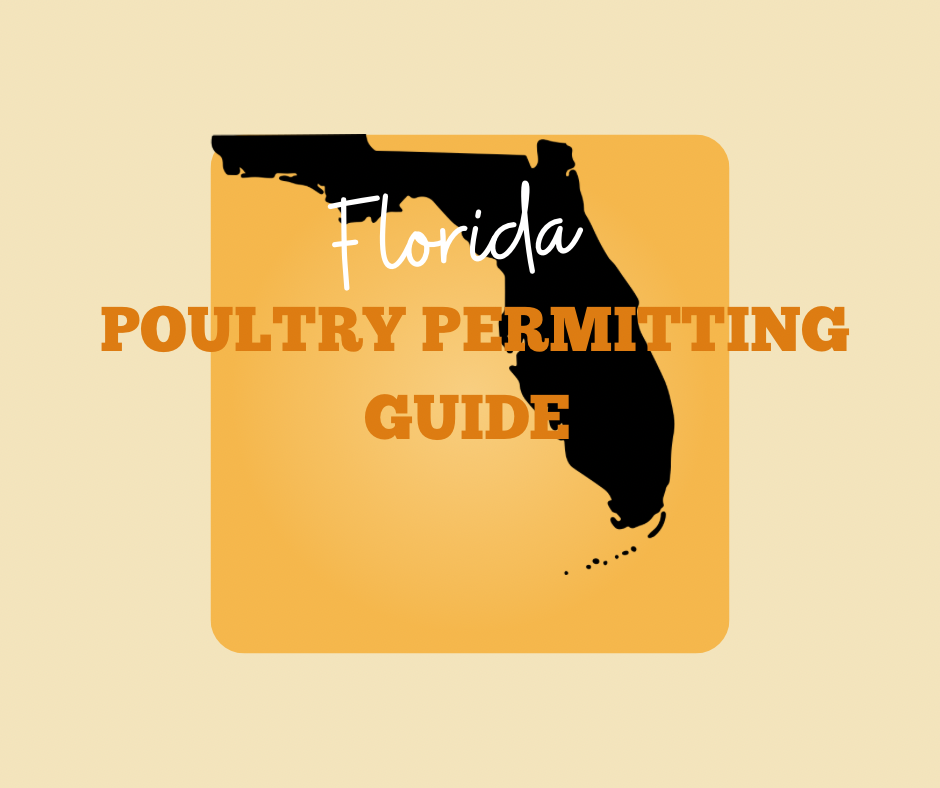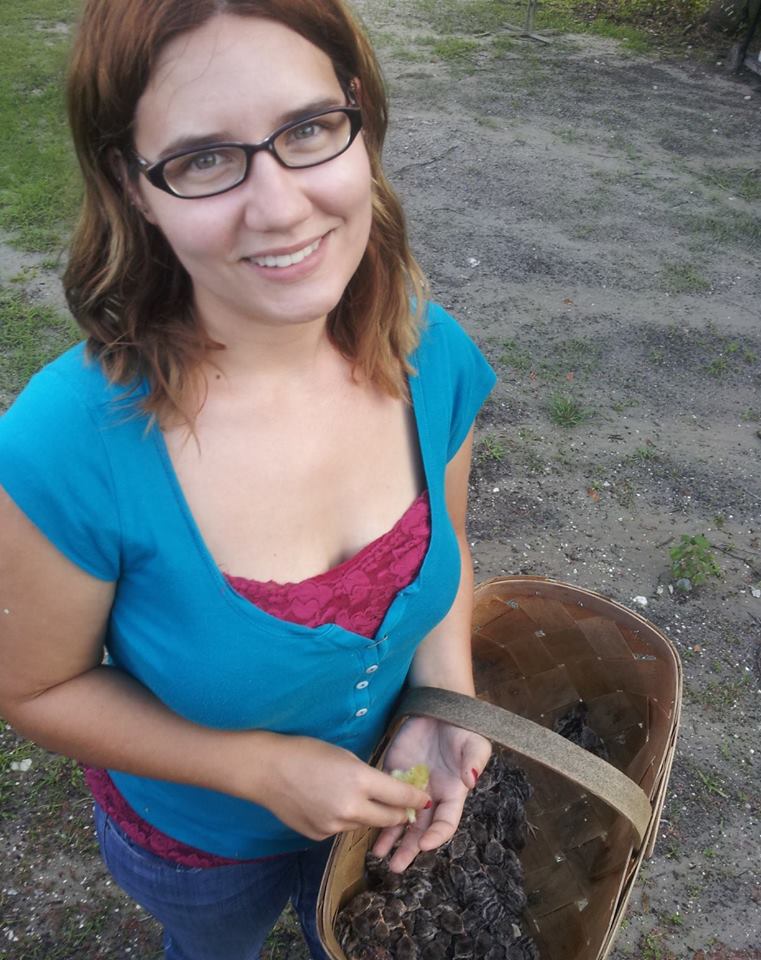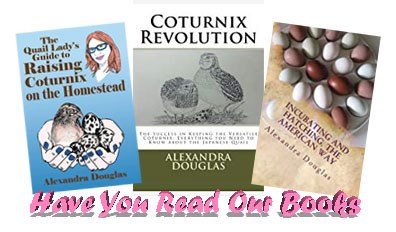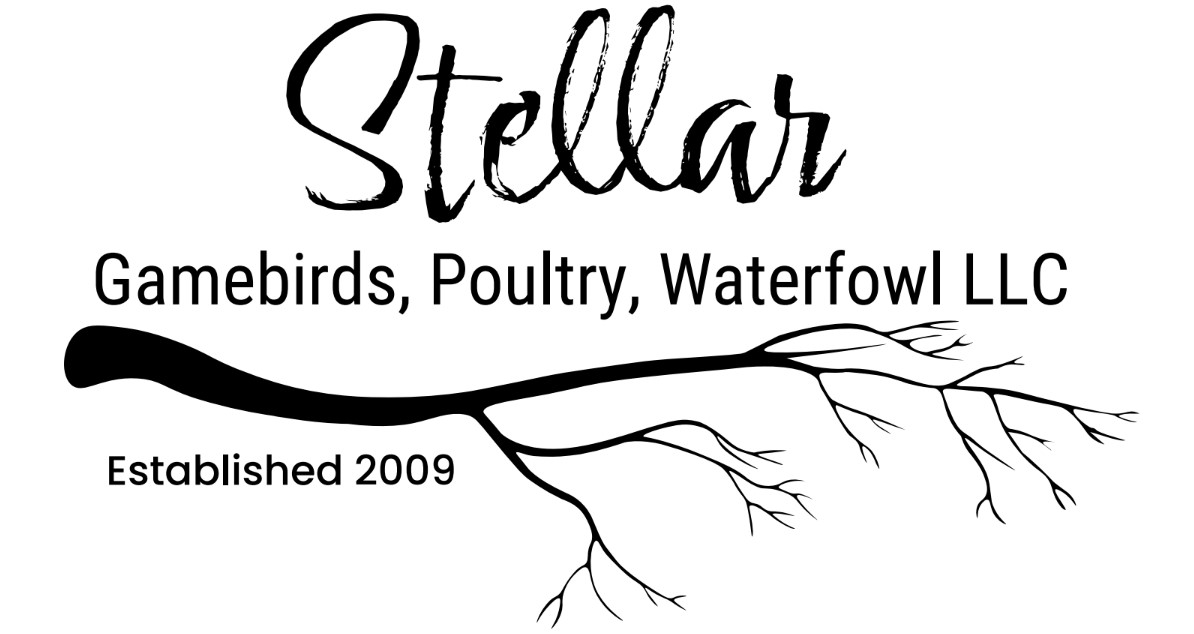Sustainable agriculture is becoming increasingly important as farmers and homesteaders seek to minimize their environmental impact while maximizing productivity. Among the many animals that can be integrated into a sustainable farming system, Coturnix quail stand out for their unique contributions to both waste management and food production.
Efficient Space Use and Low Resource Demands
One of the primary benefits of raising Coturnix quail in a sustainable farming system is their minimal space requirements and low resource demands. Unlike larger livestock, quail require very little space to thrive, making them ideal for small farms or urban settings where land is limited. This efficiency extends to their feed consumption as well; quail require less food per bird compared to chickens or other poultry, which reduces the overall demand for resources.
High-Quality Protein Production
Coturnix quail are prolific egg layers, with a single hen capable of producing up to 300 eggs per year. These eggs are a high-quality source of protein, rich in vitamins and minerals, and can be harvested regularly. In addition to eggs, quail meat is a delicacy in many cultures, known for its tender texture and rich flavor. By raising quail, farmers can produce a consistent supply of nutritious food with a relatively small environmental footprint.
Waste Management and Nutrient Cycling
Quail manure is an excellent natural fertilizer, rich in nitrogen and other essential nutrients that promote healthy plant growth. Integrating quail into a farming system allows for the recycling of nutrients back into the soil, enhancing soil fertility and reducing the need for synthetic fertilizers. This practice not only improves crop yields but also supports the health of the entire ecosystem by maintaining soil structure and reducing runoff.
Farmers can further optimize this system by using deep litter methods in quail housing, where bedding materials like straw or wood shavings are gradually decomposed by the birds’ waste. Over time, this mixture breaks down into a rich compost that can be applied directly to fields or gardens, closing the nutrient loop and minimizing waste.
Pest Control Assistance
Quail are natural foragers and can play a role in controlling insect populations on a farm. By allowing quail access to garden areas or pastures, they can help reduce pests such as beetles, caterpillars, and other insects that might otherwise harm crops. This natural form of pest control reduces the need for chemical pesticides, contributing to a healthier and more sustainable farming environment.
Versatility in Diverse Farming Systems
Coturnix quail are highly adaptable and can be integrated into various farming systems. Whether as part of a permaculture design, a homestead’s diversified livestock plan, or even in conjunction with aquaponics, quail can contribute to the overall resilience and sustainability of the operation. Their small size and ease of care make them suitable for rotational grazing setups, where they can follow larger animals like cattle or goats, helping to break down manure and keep parasite loads in check.
Economic Viability and Community Support
Raising Coturnix quail can also be economically sustainable. The relatively low cost of maintaining quail, combined with the high value of their eggs and meat, can provide a steady income stream for small farmers. Additionally, selling quail products locally supports the community and reduces the carbon footprint associated with transporting goods over long distances.
Farmers can also engage in community-supported agriculture (CSA) programs, where local consumers subscribe to regular deliveries of fresh quail eggs and meat. This model promotes local food systems, fosters community relationships, and provides farmers with a reliable customer base.
Incorporating Coturnix quail into sustainable agriculture practices offers numerous benefits, from efficient resource use and high-quality food production to waste management and pest control. These small, versatile birds can play a significant role in creating a more sustainable and resilient farming system, whether on a small urban homestead or a larger diversified farm. By raising quail, farmers can contribute to a more sustainable future, where food production works in harmony with the environment.


